.
Marchenko Vyacheslav Grigorievich was born in 1940 in the Novo-Plastunovskaya stanitsa of Pavlovsky district, Krasnodar region. He began his first poetic attempts at the age of 18. Since then, six poetry collections have been published, including hundreds of poems. Music has been composed for more than forty of them, turning them into songs such as "The Cossack’s Oath," "Cossack Ataman," "Birch Tree," and others.
After finishing school, Vyacheslav worked as a locksmith at a factory, from where he was drafted into the army. He served two years in a tank unit, which was later partially disbanded. The soldiers were loaded onto a train that, after a long journey, stopped at a station with the surprising name "South." Thus, the southerner Marchenko found himself in the south again, but not of Russia, rather in the Molotov (Perm) region. Here, the construction of one of the sections of the external ring of the air defense system around the regional center was beginning. After his service, Vyacheslav stayed in Perm land, got married, and returned to work at the factory. However, a Komsomol district committee assignment drastically changed the young poet’s fate. He was sent to serve in the Perm criminal investigation department. He graduated externally first from the specialized secondary police school in Gorky (Nizhny Novgorod), and then again in Gorky. In 1974, he graduated from the USSR Ministry of Internal Affairs Academy. For a long time, he worked in leadership positions in the criminal investigation units of the Leninsky and Motovilikhinsky districts of Perm city, the regional police department, and in 1984 was transferred to the Main Directorate of Criminal Investigation of the USSR Ministry of Internal Affairs, where he continued to serve until retirement. After retiring in 1991, he returned to Perm. Yet, back in 1988, he became a laureate of the All-Union folk art competition, taking second place out of more than a hundred participants. He has been awarded many state and government honors, among which there is a special one — the order "For Nobility of Thoughts and Deeds."
To Be a Cossack
We, the Cossacks, are servants of the law.
We are faithful defenders of the country,
And the glorious Cossack epaulettes
Were given to us for loyalty to our Motherland.
We have always been devoted to the Fatherland,
We knew how to protect and love it.
For centuries, we served it worthily
And honestly will serve, as always.
The Cossack’s road is not easy,
There are two commandments for a Cossack —
To serve Russia and to pray to God —
Which he has carried through the centuries.
To be a Cossack is not simple, it means
To live by Orthodox commandments.
A Cossack has an honorable task —
To serve his native country with dignity.
There is nothing more honorable in the world —
Always to be useful to your country.
Like our grandfathers, we and our children
Will always live by this law.
We are faithful sons of dear Russia,
May the Lord grant her grace.
And since we wore these epaulettes not in vain,
We are ready to prove it with faithful service.
The Cossack’s road is not easy,
There are two commandments for a Cossack —
To serve Russia and to pray to God —
Which he has carried through the centuries.
To be a Cossack is not simple, it means
To live by Orthodox commandments.
A Cossack has an honorable task —
To serve his native country with dignity.
Recommended Offer Form for Individuals
Regulations on the Pedagogical Council of Secondary School No. 2, Makaryev
Banking Details and Document Copying Fees of Central Suburban Passenger Company
Banking and Legal Details of the Krasnoyarsk Regional State Center of Folk Art (GTSNT) for Paid Services and Government-Subsidized Contracts

 Deutsch
Deutsch
 Francais
Francais
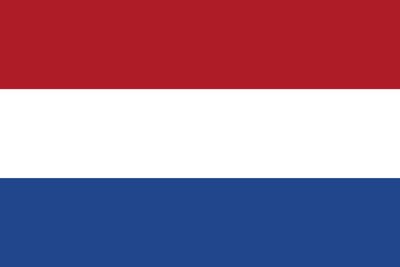 Nederlands
Nederlands
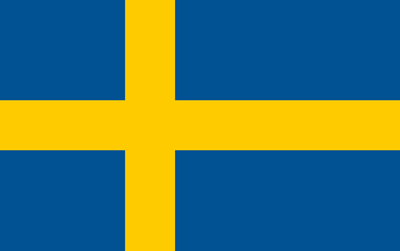 Svenska
Svenska
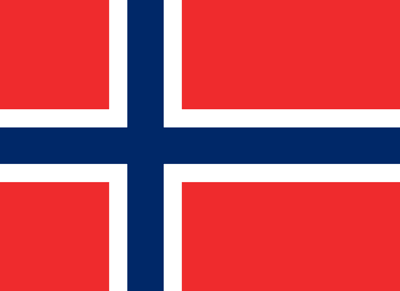 Norsk
Norsk
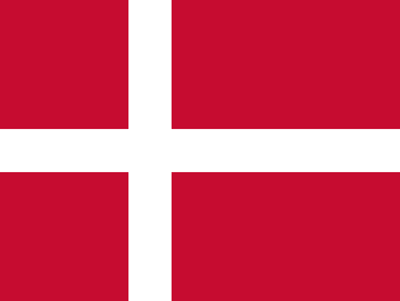 Dansk
Dansk
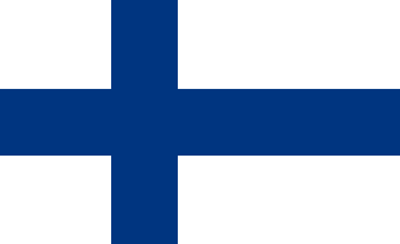 Suomi
Suomi
 Espanol
Espanol
 Italiano
Italiano
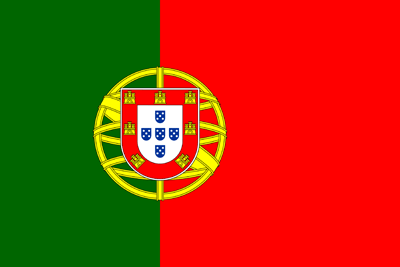 Portugues
Portugues
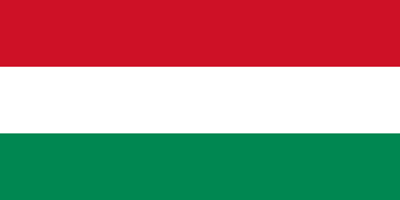 Magyar
Magyar
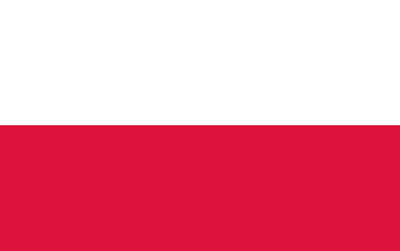 Polski
Polski
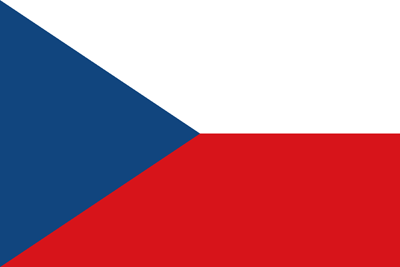 Cestina
Cestina
 Русский
Русский